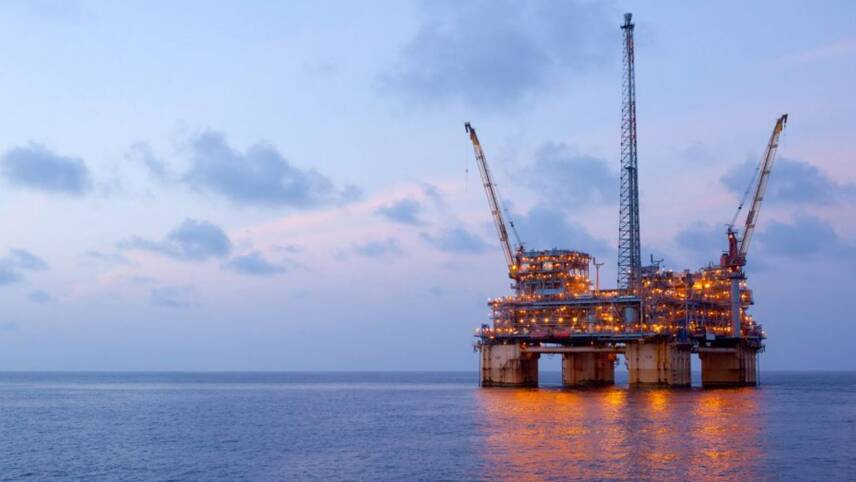Register for free and continue reading
Join our growing army of changemakers and get unlimited access to our premium content

Image: BP
The cohort of companies, which also includes major automotive, industrial and mining firms, is accused by the investors of “continued omission” of climate risks in reporting. A total of 34 investors have co-signed letters to the audit committee chairs at each business, with this group of investors representing more than $7.1trn of assets under management (AUM).
All investors signing the letters are members of the Institutional Investors Group on Climate Change (IIGCC).
Sent today (5 April), the letters argue that investors need greater reassurance that high-emitting companies are considering how the global low-carbon transition will impact their future economic performance. Around 90% of global GDP is now covered by net-zero targets from nations and regions. Notably, all of the companies to receive letters are based in Europe. The EU has set a 2050 net-zero target and an interim ambition to cut emissions by 55% by 2030.
The companies receiving the letter today were previously contacted by the IIGCC around climate disclosures last November and have not yet made the requested information public. The investors want the companies to assess and disclose likely risks in a 1.5C temperature pathway scenario.
Companies to have received a letter are Air Liquide, Anglo American, ArcelorMittal, BMW, BP, CRH, Daimler, Enel, Equinor, Glencore, Renault, Rio Tinto, Saint-Gobain, Shell, ThyssenKrupp, TotalEnergies and Volkswagen.
The letter states: “We understand that [your company] faces challenges in navigating a transition to a net-zero business model. However, the longer the Board delays making the net-zero accounting adjustments, the longer it will delay the needed shift in capital towards a low-carbon business model. Any misallocation of capital today increases the risk of larger impairments – and associated destruction of shareholder capital – in the future.”
It goes on to warn the companies that other investors will take a similar stance to prioritising the net-zero transition and, as such, corporates can increasingly expect investors to vote against them at AGMs unless they deliver credible climate plans and robust disclosures.
Also highlighted in the letter is the fact that a far bigger cohort of corporates than those receiving a copy are lagging on climate disclosures, in a trend harbouring mounting risks for the future. A 2021 analysis of the annual reporting of 107 publibly-listed companies in high-carbon sectors, conducted by Carbon Tracker, found that 70% were not including climate-related risks in their financial papers.
TCFD time
The letters are notably being sent in the same week that the UK Government is introducing mandatory climate risk disclosures for some large businesses and financial firms. It is the first major economy to introduce such a mandate, with nations including New Zealand, Switzerland and France set to follow suit in the coming years.
From Wednesday (6 April), listed companies and certain other large businesses will need to measure and report climate-related risks and opportunities in line with the Taskforce on Climate-related Disclosures’ (TCFD) recommendations. The TCFD’s framework covers governance, strategy, risk management and climate targets.
A key and unique facet of the TCFD framework is that it encourages businesses to undertake scenario analysis. This involves mapping likely risks and opportunities to the business’s value chain at a range of global warming trajectories, including those set out in the Paris Agreement.

